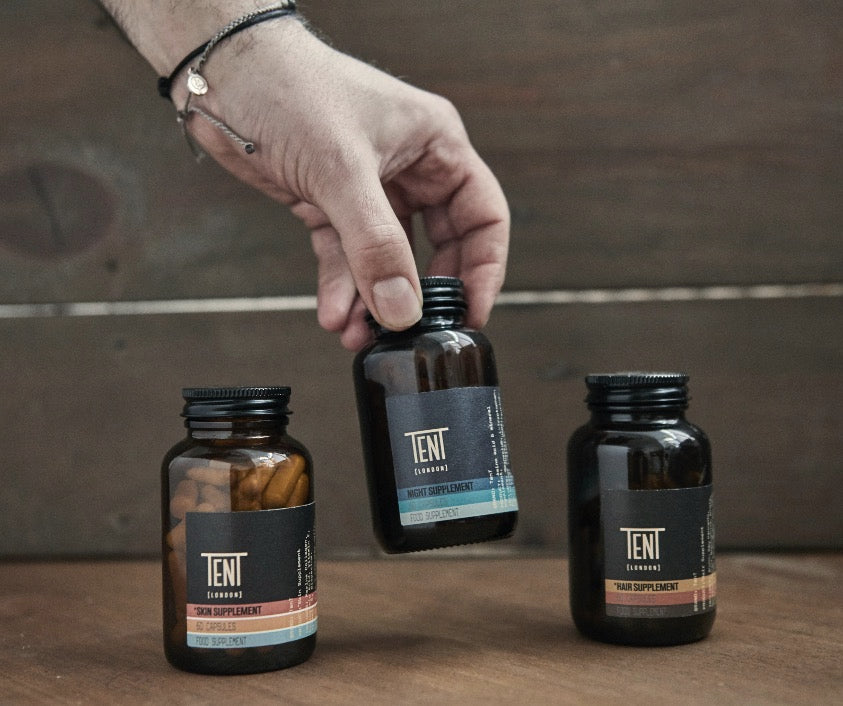
How To Improve Your Sleep In Winter
How To Improve Your Sleep In Winter. It's very important.
Winter; an interesting time of year for the body and for our sleep patterns. Consciously we don't see much of a difference, we go to bed just like we would during the rest of the year, but unconsciously it is a tough time to get a good night sleep.
Days are shorter and the nights are longer so there is less sunlight, as a result, our circadian rhythms need to adjust and as the body prepares itself for winter we automatically get more tired and feel less rested.
However here we are going to run through a few ways to improve your winter sleep, feel fresh and raring to go.
How high is your temperature
It may come as a surprise but colder temperatures are conducive for sleeping. This is because the body’s internal temperature drops as it prepares for slumber.
But often when it’s cold outside we tend to want the opposite in our homes and we crank up the heat and pile on heavy layers.
Beware if your bedroom is on the second floor, as heat rises it tends to be the warmest part of the house/building. If you’re feeling restless or warm at night, try turning down your heat or shedding a layer of clothing or bedding to see if that helps.
One good tip is to lower the thermostat before you go to bed, but not too much. Research shows that around 18C is the perfect setting.
Exercise in the winter
Exercise improves sleep quality, it's that simple. Whether that is during summer or winter, a good bit of exercise will do your sleep the power of good.
We are more inclined to workout in summer, the weather is nicer and we feel we must get out and about, yet making a commitment to get moving for at least 20 minutes, even with the cold weather, early sunsets and let sunrise will really improve not only your sleep, but also your mood and general health.
Food glorious food
Cold weather = hearty meals, not longer do we want the chicken salad, winter is the time for roasts, stews, shepherds pie, pasta, etc...
But be mindful when you are eating these meals, while they taste great and are just what you want at the time, they will be having an adverse effect on your sleep. Heavy meals close to bedtime are best avoided, this is because the body has to work harder to digest and process these foods, which in turn has an adverse effect on your sleep.
Essentially lighter meals before bed will do you the power of good.
Alcohol + winter = poor sleep
Just like with the heavy winter food, the winter drinking before bedtime can truly disrupt your sleep. Even small amounts of alcohol before bed can really cause issues.
This of course is true year round, but with the nights longer in winter and the festive season upon us we tend to go a little overboard.
Beware, as alcohol is a two pronged mistress, it works as a sedative and can induce getting to sleep, however it is extremely common to then wake 3-4 hours later and not be able to return to sleep.
The reason for this is after drinking alcohol production of adenosine (a sleep-inducing chemical in the brain) is increased, allowing for a fast onset of sleep. But it subsides as quickly as it came, making you more likely to wake up before you’re truly rested.
Alcohol also stops deep sleep, it keeps the body in the stage of Rapid Eye Movement (REM), which is less restful and will leave you feeling tires the next day, no matter how much you slept.
Humidify if you need to
Many people out there, quite understandably, use a heater at night during the colder months, yet heating dries the air, making it more difficult to get a great nights sleep. If this sounds like something you experience then perhaps a humidifier will help.
A humidifier will help get some much needed moisture into the atmosphere, but beware not too set too high or use it too much as it can encourage mould. But with standard usage, they can be very handy.
Have a soak
One hour before hitting the sack why not take a bath. This might sound counterintuitive considering I was telling you earlier to keep cool during the night. But there is a reason for this.
Here's the clever bit about a bath; The warm water will help you relax and tell your body that it's time to sleep, but ironically the great bit comes when you get out.
As you body cools down your body temperature drops and it is exactly this drop that further helps you relax and get all - as mentioned earlier your sleep is stronger when you are cool.
Steer clear of weekend hibernation
This is a big one for winter, it is so tempting to follow the bears lead and hibernate during your days off in winter, why bother going outside into the cold, when the warmth of home is much more appealing .
But when it come to your sleep, this is the worst thing you can do. It is imperative to regulate your sleep and that includes getting outside and getting some fresh air and exercise (even a little walk). It will also have a knock on effect (in a good way) to your work weeks sleep, keeping to a schedule of doing some exercise and sleep will really help with your overall sleep.
---
If you feel you are in need for further help in getting to sleep, then our sleep supplement is built to help. To learn more please click here
READ NEXT: